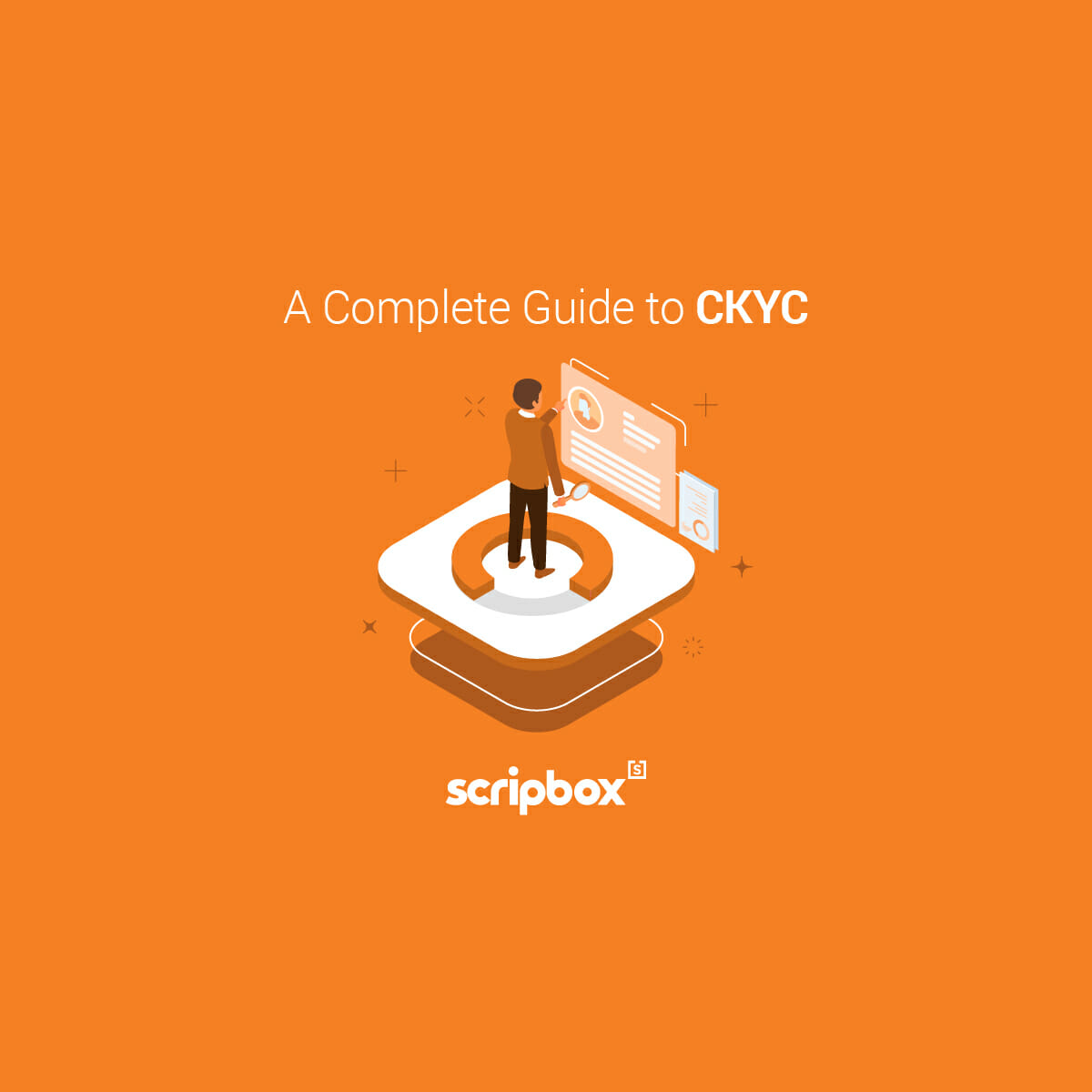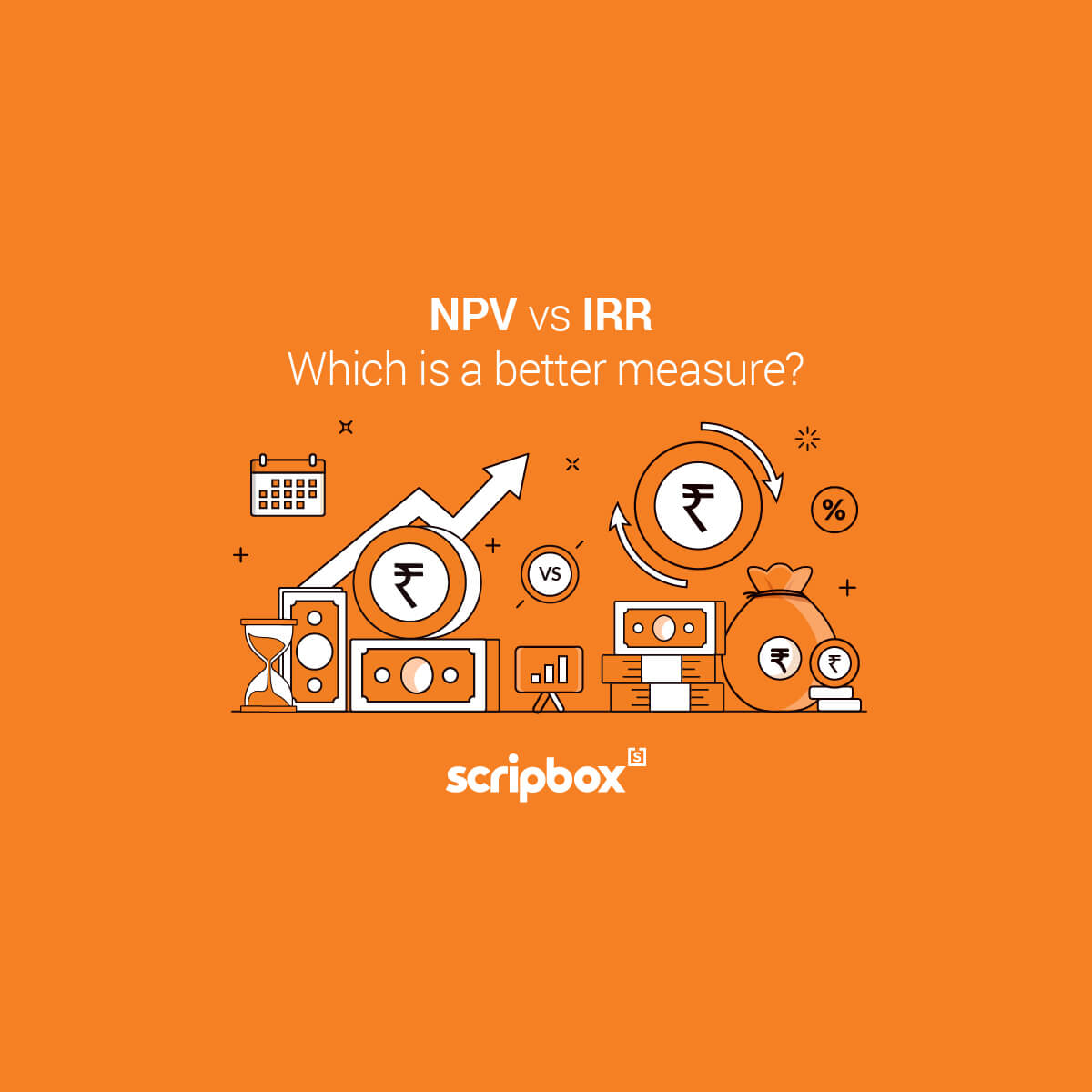
Mahila Samman Savings Certificate (MSSC): Scheme Details & Interest Rate
What is Mahila Samman Savings Certificate? Mahila Samman Saving Certificate (MSSC), a new small savings scheme launched in the Budget 2023 to promote investments among women. MSSC is a single-holder account that can be opened at any Post Office or...

What is NPS Lite? Meaning, Scheme, and Withdrawal Process
The National Pension System Lite (NPS Lite) was launched in 2010 to provide financial security for economically disadvantaged people. All eligible citizens from the unorganized sector can apply for this scheme. This article covers NPS Lite, its eligibility, benefits, and...

What is CKYC Number? Full Form, CKYC Form, and How to Get It Online
With the growing fraudulence in the financial sector, and to trace any suspicious behaviour it has become very important to keep proper records of customer. CKYC norms were introduced to curb the illegal activity that ruins the financial sector. This...

Sankalp Scheme: Full Form, Launch Date & Training Details
What is the Sankalp Scheme in India? The Ministry of Skill Development's Skill Acquisition and Knowledge Awareness for Livelihood Promotion ("Sankalp") initiative is funded by a World Bank loan. It strives to increase short-term skill training in terms of quality...

NPV vs IRR – What is the Difference Between NPV and IRR?
Net Present Value (NPV) is a capital budgeting technique used to determine an investment's profitability. Internal Rate of Return (IRR) is a financial metric that estimates the return from an investment. Though both NPV vs IRR determine how profitable an...
Practical Insights For Wealth Creation
Our weekly finance newsletter with insights you can use
Your privacy is important to us

Saksham Yuva Yojana: Eligibility, Documents & Forms
The government of Haryana has taken an initiative towards the educated unemployed youth. To support the youth, the government has launched a scheme known as Saksham Yuva Yojana. The scheme took place on 1st November 2016. The core objective of...

Pradhan Mantri Yuva Yojana (PMYY): Online Application & Registration Process
What is Pradhan Mantri Yuva Yojana? The Pradhan Mantri Yuva Yojana Scheme is the Ministry of Skill Development and Entrepreneurship's flagship program. Through entrepreneurship education, training, capacity building, mentorship, and handholding, PMYY aims to create jobs. Apprenticeships in certain trades...

Sovereign Gold Bond vs Physical Gold: Which is Better? Key Differences Explained
Gold is an asset that not only adds value to an investment portfolio but also helps in its diversification. Financial experts suggest that an investment portfolio should have at least 10%-20% of assets invested in gold. The main reason for...













